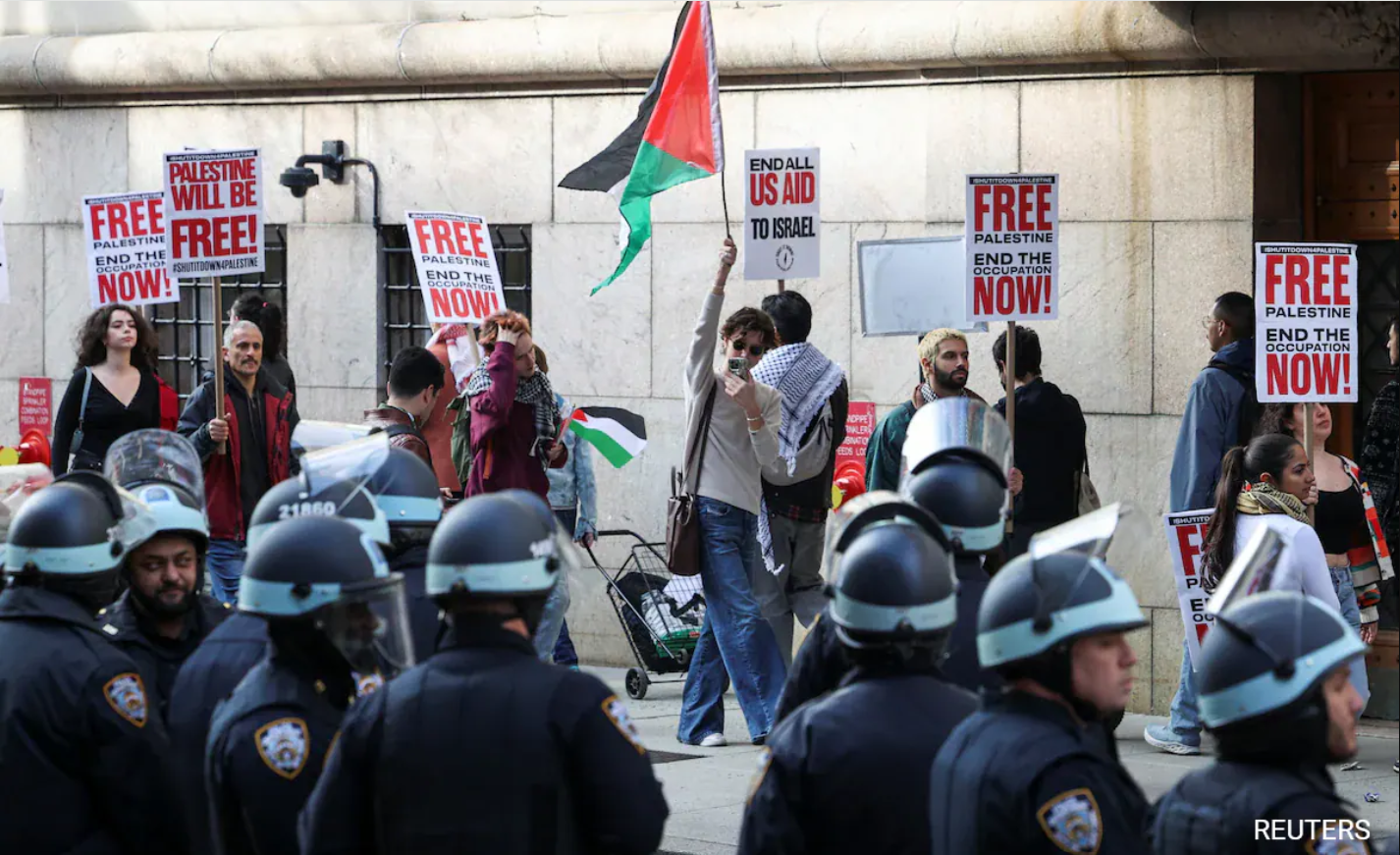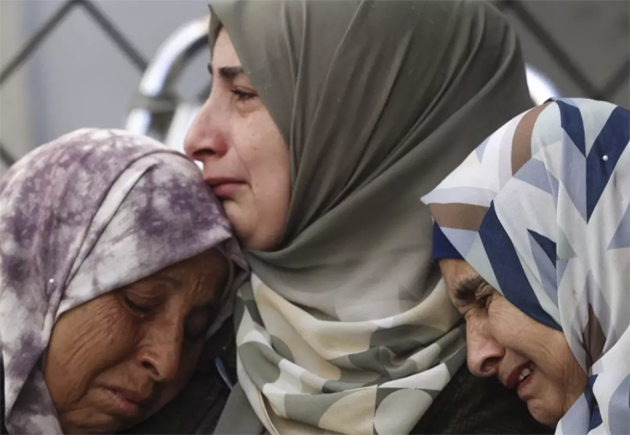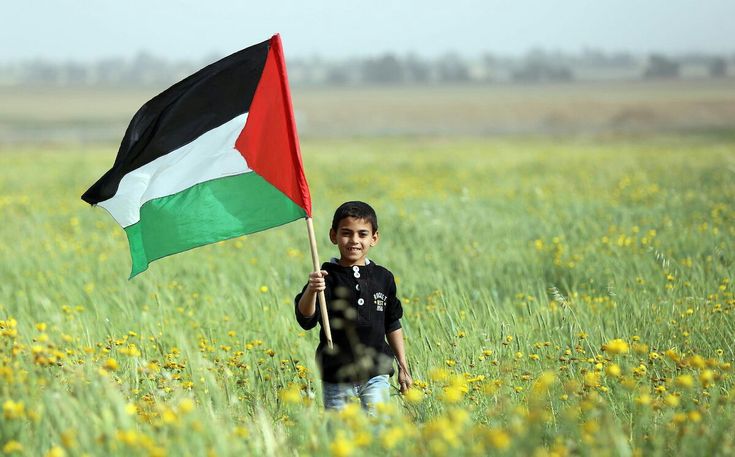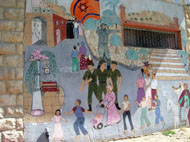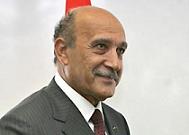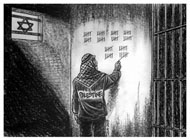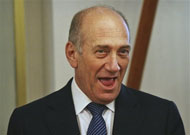
My walk to work in the morning normally involves a brief ‘sabaah ilkheer’ to around five soldiers in recognition of their presence, as they contribute to the protection of the ‘Muqata’. On August 2, however, I found myself saying ‘good morning’ to a soldier every couple of paces.
It took a couple of seconds for my drowsiness to escape me before I realized that Thursday was the day US Secretary of State, Condoleezza Rice was visiting Ramallah to offer America’s support, in person, to Prime Minister Salam Fayyad and President Mahmoud Abbas.
Probably unknown to Ms. Rice, many of the employees at the office faced a two hour commute into Ramallah from Jerusalem on Thursday on account of the Israeli-commanded Qalandia checkpoint being temporarily closed for security reasons. On that Thursday I watched in amazement as soldiers cut access to the road from both sides and then suddenly, at least five smart, black, four by fours came speeding down the road accompanied by sirens and escorted by Palestinian troops in their vans.
Soon, if they haven’t already, Palestinians are going to start associating such visits as problematic rather than positive.
All this commotion is an inconvenience. Newly appointed Quartet envoy Tony Blair said he was in the Middle East to ‘sit, listen and reflect’. Rice offered nothing better.
“There should be a deepening of the dialogue between the Palestinians and the Israelis on all of the issues that will lead ultimately to the founding of a Palestinian state,” she said at the end of her brief Middle East visit.
Not exactly the reassuring, forceful language Palestinians were hoping for. So what did she achieve? She presented Prime Minister Fayyad with the first $10m installment of the $80m promised to improve the Palestinian security forces in the West Bank. And of course, she confirmed the attendance of Abbas, Olmert and other moderate Arab states such as Saudi Arabia and Egypt to the Peace Conference, proposed by President Bush on July 16, to be held in the US in November.
Ensuring the attendance of Israel and these Arab states was ultimately her success. However, for what reason should this Peace Conference succeed where its predecessors have failed?
President Bush has declared that the Peace Conference “is not to get people together for a photo opportunity but rather so that we can really advance Palestinian statehood.”
Nevertheless, it seems as if politicians have been thrust into a hypnotic cycle of diplomatic meetings, where they are convinced that they make a difference and are not just formalities whereby diplomats fulfill the various criteria expected of them. In reality nothing is resolved but everything is promised and if nothing is agreed upon initially, not to worry, there is always a chance that the situation will change by the time of the next meeting.
The inconvenient truth of this scenario, touched upon by US congressional leader, Tom Lantos and Israeli Defense Minister, Ehud Barak, is that this upcoming meeting will probably yield the same results as recent meetings between Arab and Israeli delegations, diplomats and premiers. In these gatherings, false hope is induced by the respective parties as so many important issues are placed on the agenda for discussion. However, by the time of the press conference, while people wait with baited breath, it is revealed that only a fraction of possibly one topic or even sometimes nothing at all has been agreed upon. What is established are promises for the future and reassurances that later assemblies will take place. Of course, this is a highly complex situation which requires meticulous attention and should by no means be rushed to convenience by exterior factors, such as the calendar of the outgoing US President. Deeply rooted, age old differences are being revisited and there are multi faceted obstacles, viewpoints and perspectives to take into consideration. However, one would hope that through the haze of rhetoric, some constructive results would be reaped.
With these slightly pessimistic words said, there is still an opportunity for this Peace Conference in November to be different, to salvage its credibility and make a real impact. The answer lies in the guest list.
The most obvious exclusion is that of Hamas, although it must be stressed that as a political faction, it does not have the legitimacy to partake in the conference. But while most Palestinian factions are represented by the PLO and its Chairman Mahmoud Abbas, Hamas is not under the umbrella of the PLO and is currently being isolated by Abbas after its seizure of the Gaza Strip.
However, for the Palestinian cause, Hamas is critical. Yusef Ahmed, adviser to deposed Hamas Prime Minister, Ismail Haniyeh, criticized Rice’s visit to Ramallah stating that the US should at least talk to the ‘alternative Palestinian channel’ indicating that nothing can progress on the political front without them. Hamas is being ignored and the longer they are ignored, the more likely they are to seek solace in the care of stronger allies with plentiful resources. Abbas has stated that the week long war for Gaza in June was a blatant show of disrespect for his legitimate authority and a ‘coup’ against him. As a result, Abbas will not talk to Hamas unless they recognize the Fatah-led West Bank Authority and return to the pre-June 14 governing system in Gaza. Meanwhile, Abbas and his West Bank government are being shown ‘gestures of goodwill’ and support from Israel and the West which will be ceased if dialogue is resumed with Hamas.
How long can this go on for? They will eventually have to address the problem of Hamas. If Abbas wants to hold early elections, then he must have elections in Gaza. Forty-four percent of Palestinians voted for Hamas in January 2006 and while I agree that this number may have dwindled slightly since, Hamas still represents a significant proportion of the Palestinian people. How can a President continue to overlook almost half of his population?
Take, if you will, the example of a washing machine. Israel, the Quartet and Abbas are doing a ‘white wash’. In this ‘white wash’ are the ‘Agreement of Principles’, the release of the 255 Palestinian prisoners, the amnesty for al-Aqsa Brigade members, the return of frozen Palestinian tax funds, US aid and security money, Western backing and the Peace Conference. The three parties put these ‘white clothes’ into the wash and as they spin and mix together, the hope is that the result is something pure. However, the three spot a green sock mixed in with everything else. All three know fully well the ramifications a green sock can have in a white wash but look at each other and decide to overlook it, confident that the temperature isn’t high enough for the green sock to disrupt the wash.
My point is the longer the green sock (Hamas) is disregarded, the more it will be able to infiltrate and influence matters, and thus prove to be potentially damaging, until, after the wash, everything is stained and the process has to begin again from square one. By the simplest of actions, Hamas could threaten all the ‘advances’ made recently. They could deem the ‘Agreement of Principles’ void by inciting violence which could make the international community wary of continuing funding and even cause the Aqsa Brigades amongst others to rearm. This would all negate the whole point of the upcoming Peace Conference and return the social, economic and political climate back to an embryonic stage. Yusef Ahmed is right. Politically, Hamas needs to be involved if anything is to be constructed or established. This is an idea recently advocated by the British Foreign Affairs Committee whose Chairman, Mike Gapes, is recommending that Mr. Blair talks to Hamas.
The same can be said for the omnipresent bodies of Syria and Iran, both of whom could attend if asked. Whether it is the Golan Heights, Lebanon, Hezbollah, the Iraq War or the funding of insurgents throughout the Middle East including Hamas, these groups are major players in the regions and therefore absolutely integral to any resolution or blueprint for the future.
I am not insinuating that all these parties must be present. Differences between the US and Iran over enriching uranium as well as Iraq are advanced and need separate emphasis. However, in the same way as Al Gore’s An Inconvenient Truth aimed to urge people of the dangers in ignoring the existence of Climate Change, one must realize the dangers of ignoring the existence of groups such as Hamas.
It is not too late to include Syria which has expressed its interest in the Conference. It would also be especially fitting since relations between Israel and Syria over the Golan Heights have disintegrated recently despite Olmert declaring that a war is not imminent. As Arab League Secretary General, Amr Moussa said, for this matter to be mentioned let alone resolved ‘all parties must be there’.
An agreement must also be made with Hamas before the November Conference to ensure their representation in some capacity. Although Olmert, US House majority leader Steney Hoyer and Abbas have all publicly condemned dialogue with Hamas, it is the only conceivable way a solution can be reached.
This is, as Rice stated, a wonderful ‘opportunity’. But without any of these participants, I fear that this Conference will be a wasted opportunity cast into obscurity and relegated to news agency archives, unless the necessary steps are taken to guarantee real movements for peace. Otherwise one will be able to predict what the meeting between the ‘moderate’ Arab states, US, Israel and the PLO will entail – nothing new, certainly nothing concrete but invariably full of hope for the future.




